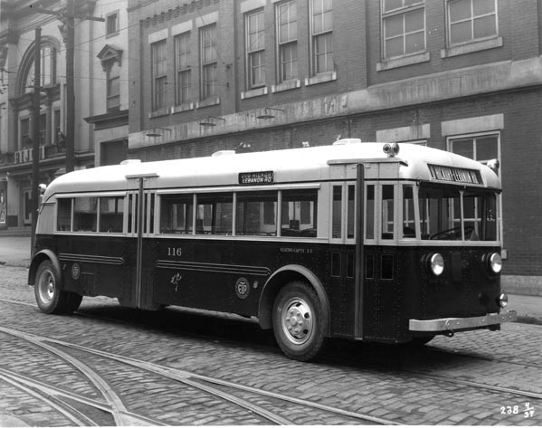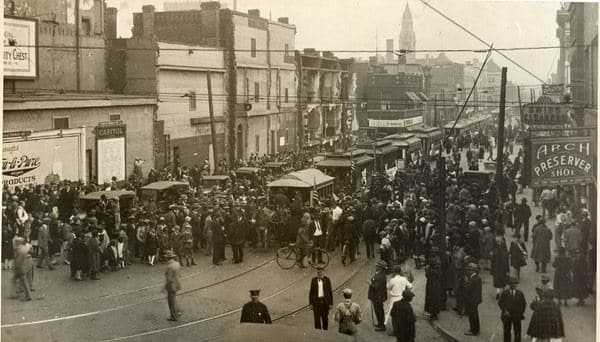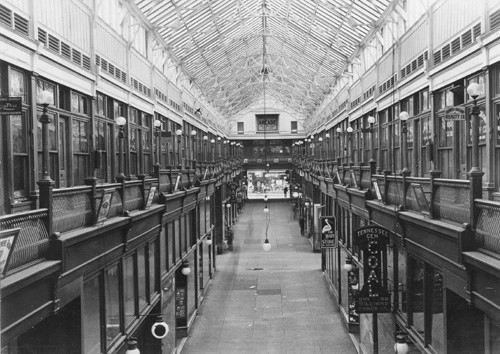Is History Repeating Itself?
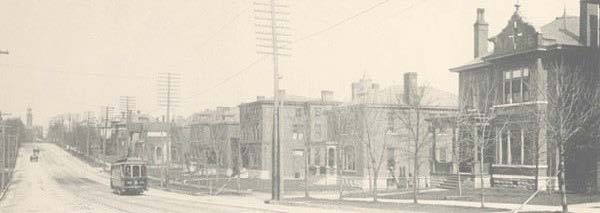
In a quote from Martin C. Pendersen, from an article entitled, “Cities in the Digital Age,” he referenced that “every city has a soul, and if you take the time to understand it, you get a better sense of trying to understand the problems and strengths of each city.”
As a history buff and being a native Nashvillian (apparently a rare breed), I have listened to stories of how Nashville has evolved and changed from my parents and grandparents. The current city is nothing compared to the Nashville I grew up in. I have memories of the “super highway” construction in the early 1960’s, and how most residents didn’t travel on the interstate system initially as they felt the speed limit was too high and unsafe. I have also have memories of shopping in Downtown Nashville, where Harvey’s, Cain Sloan’s and Castner’s, were the only department stores, with no malls or large retail areas outside of the Downtown area. I have faint memories of the Monkey Bar at Harvey’s, and always loved to go there to see the live monkeys, as well as our family tradition of going to the Parthenon every year to see the life size nativity scene that Mr. Harvey purchased and displayed for the city every year. This reminds me: did you know what Nashville was called before acquiring the title of “Music City USA?”
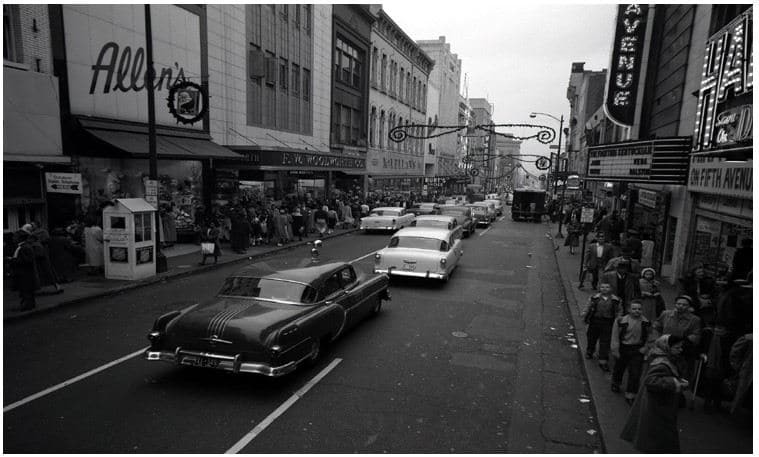
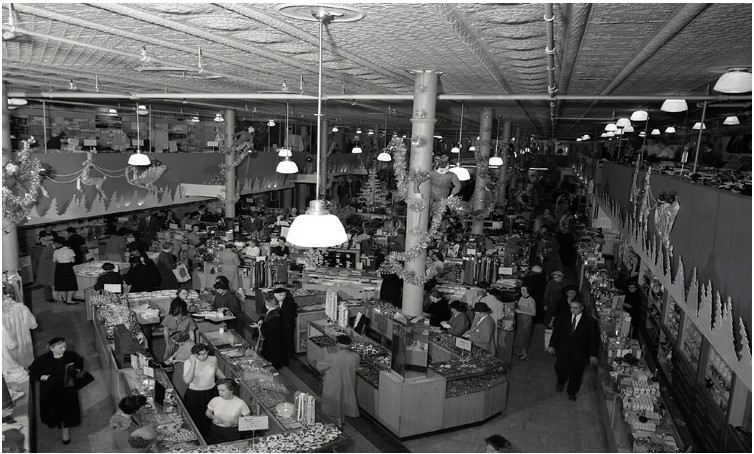
I could certainly stick around to reminisce about the many wonderful memories I have of this city, but the point of this blog is to remember that Nashville has been the “It” city before. How we address infrastructure issues, population explosion and planning for the future is important as we look back on the history of the city.
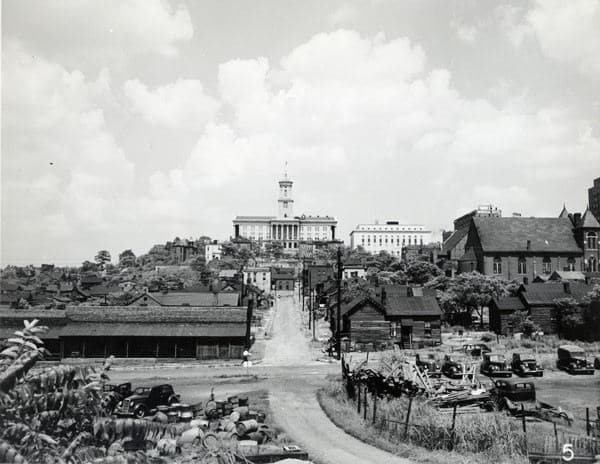
Whether it be the influence of Greek architectural design, such as the Capital Building in 1859, or the prosperity that followed the Civil War, World War I, and II the city has always morphed into another growth encounter. It’s not surprising that Nashville has been known through its history as the “Minneapolis of the South,” “Powder City (during the War),” “Wall Street of the South (during the 20’s and 30’s with the explosion of the banking corridor on Union Street),” or the “Athens of the South (Parthenon and early emphasis on the Greek architecture).” With the current title of “Music City USA,” Nashville remains so much more with a very impressive industry diversity in healthcare, education, insurance, manufacturing and, of course, music and entertainment.
If you review the history of Nashville, it seems that in many ways, the explosion we are currently experiencing has had historical markers before but on a much smaller scale. The one thing I’ve always encountered in the Nashville region is the willingness to work together to find viable solutions, continuing to maintain the friendliness and giving atmosphere of this City while keeping the rich heritage and character in-tact.
